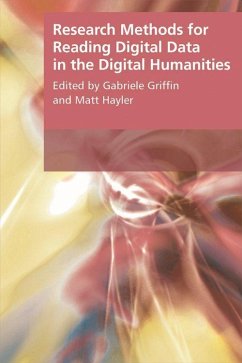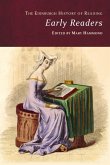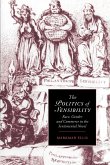'Reading Digital Data, alongside its companion volume, offers an approachable introduction to digital humanities research methods without swamping the non-specialist reader with terminology and technical debates. This ensures that the audience can expand beyond digital humanists to those who practise more traditional elements of DH's constituent disciplines.' Simon Rowberry, University of Stirling The first volume to introduce the techniques and methods of reading digital material for research How do the new kinds of texts such as blogs, twitter or online archives that emerge on the internet impact on our 'reading' of these? What kinds of research might one do in the rapidly expanding area of Digital Humanities? What are the effects of the seductiveness of numbers and the possibilities of quantification on Humanities research? What affordances do 'Big Data' provide for Humanities researchers? These are some of the questions which this volume addresses. Its contributors draw on actual Digital Humanities projects they have undertaken to produce critical accounts of the benefits and pitfalls of digital data research, particularly in relation to literature, the arts, history and ethnography. Discussing case studies such as the blog of a fake arch bishop, fanfiction and the construction of new material artefacts that incorporate digital data in a breakdown of the on- and offline binary, Humanities researchers provide ideas for the kinds of digital data interpreting one might do in the twenty-first century. Gabriele Griffin is Chair in Gender Research at Uppsala University, Sweden. She has a long-standing research interest in research methods for the Humanities, and in women's cultural production. Her recent publications include The Emotional Politics of Research Collaboration (co-ed., 2013). Matt Hayler is a Lecturer in post-1980s Literature at the University of Birmingham specialising in Digital and Cyberculture Studies, specifically (post)phenomenology and Cognitive Science influenced approaches to e-reading and to technology more broadly. His recent publications include Challenging the Phenomena of Technology (2015). Cover design: riverdesign.co.uk [EUP logo] edinburghuniversitypress.com








